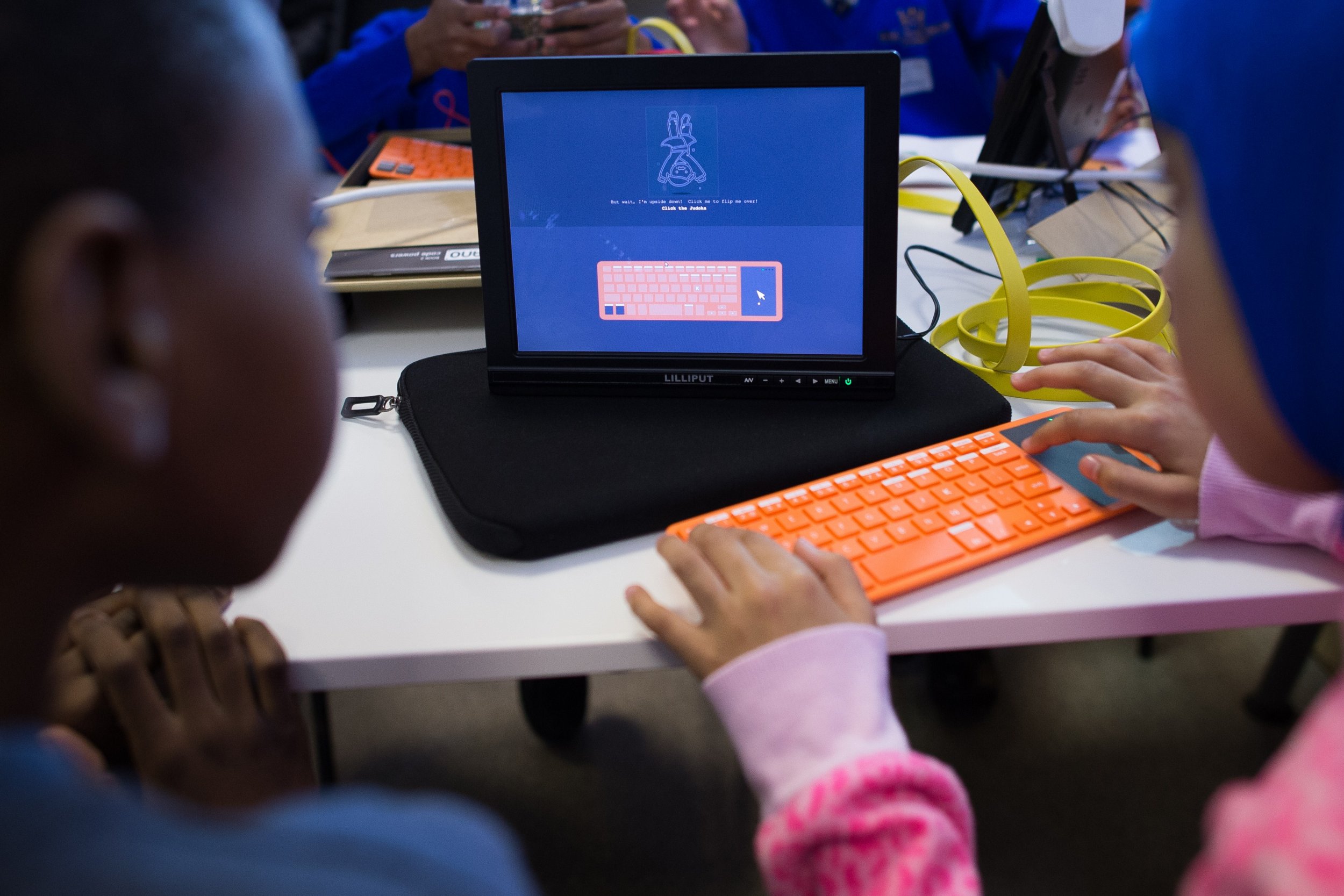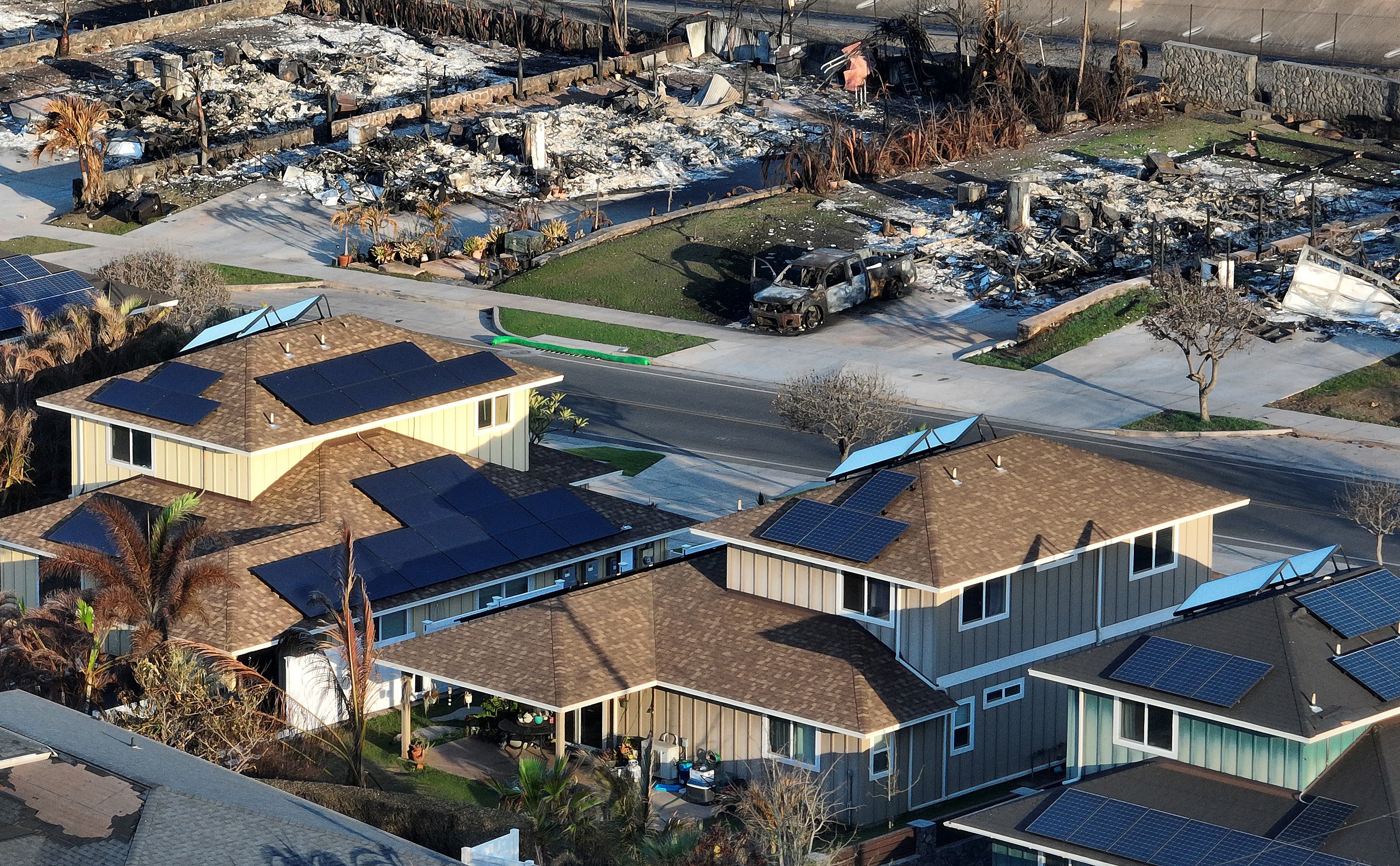
The number of British schoolchildren excluded from school for racial abuse increased by 20 percent between 2009 and 2015, according to an analysis of figures from the U.K.'s Department for Education (DfE).
As many as 20 British children are excluded from school every day for racially abusing their peers, independent charity the New Schools Network (NSN), which published its analysis Monday, said.
In the 2014-15 academic year, there were 4,000 cases of racist abuse that warranted a permanent or fixed exclusion. The highest number of racist incidents were concentrated in socio-economically deprived regions such as the West Midlands and coastal towns. The London figures were more surprising, however.
"Outer London actually comes high up [in terms of racist incidents] and inner London, which is obviously much more diverse comes low down," a NSN spokesperson tells Newsweek . "As it stands, the West Midlands and Greater Manchester are our two priority areas."
Racism, defined as "the belief that all members of each race possess characteristics, abilities, or qualities specific to that race, especially so as to distinguish it as inferior or superior to another race or races." In schools, racism includes verbal taunts as well as physical actions from swearing to harassment and offensive graffiti.
"Reporting and recording racist language, behaviors and incidents in schools is not about labelling children as racists, nor is it in the vast majority of cases about punitive action, including exclusions," a spokesperson for Show Racism the Red Card, a U.K.-based anti-racism education charity, tells Newsweek . "Incidents should be recorded to help schools to educate against these attitudes which are damaging to those who carry them and those on the receiving end.
"It is good that schools are trying to create spaces that are safe for all pupils. Exclusion, permanent or temporary, is rightly a last resort for schools. Young people must be educated about racism, know their responsibilities in school and be part of a school ethos which is inclusive of all. When this happens, there is a greatly reduced number of prejudice related incidents in school."
The NSN advises a new category of "social need" as part of each school's application criteria; this category would be particularly relevant in areas where there are clear ethnic divisions, it said.
"The addition of a 'social need' category in the free school criteria opens the door further for schools, charities and other community organisations to come forward with ideas to create schools designed to build community cohesion," Sarah Pearson, interim director at the NSN, said.
Uncommon Knowledge
Newsweek is committed to challenging conventional wisdom and finding connections in the search for common ground.
Newsweek is committed to challenging conventional wisdom and finding connections in the search for common ground.
About the writer
To read how Newsweek uses AI as a newsroom tool, Click here.








